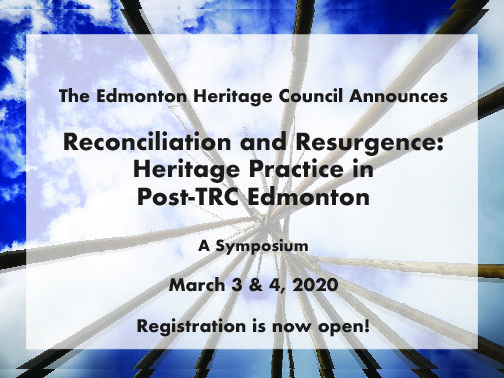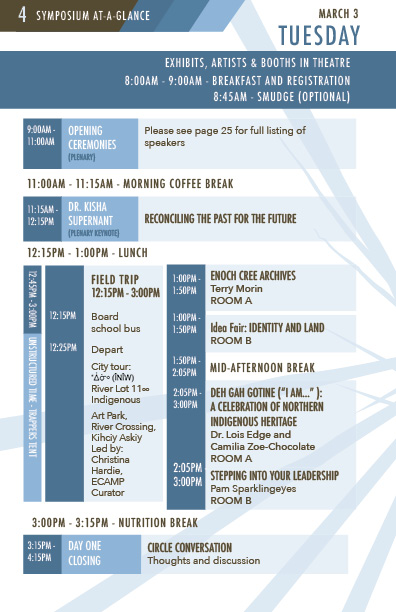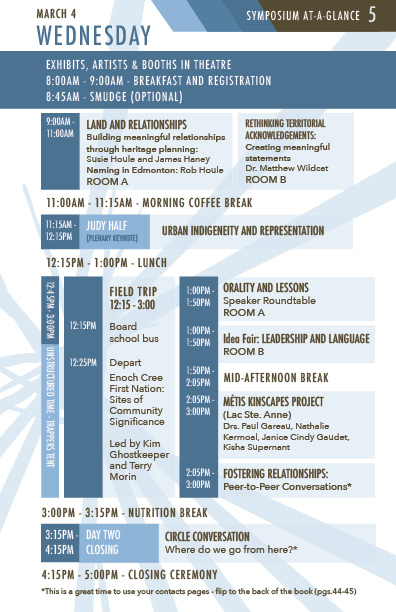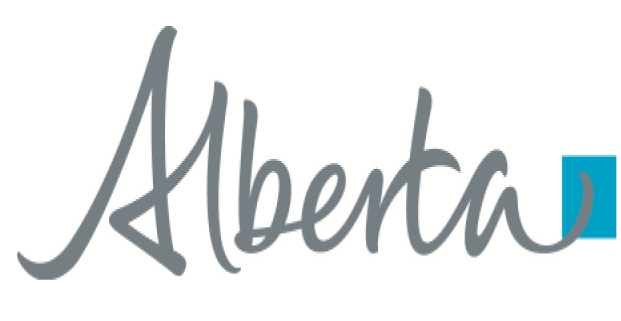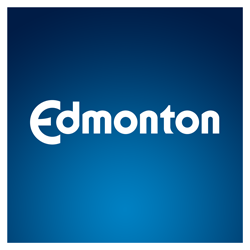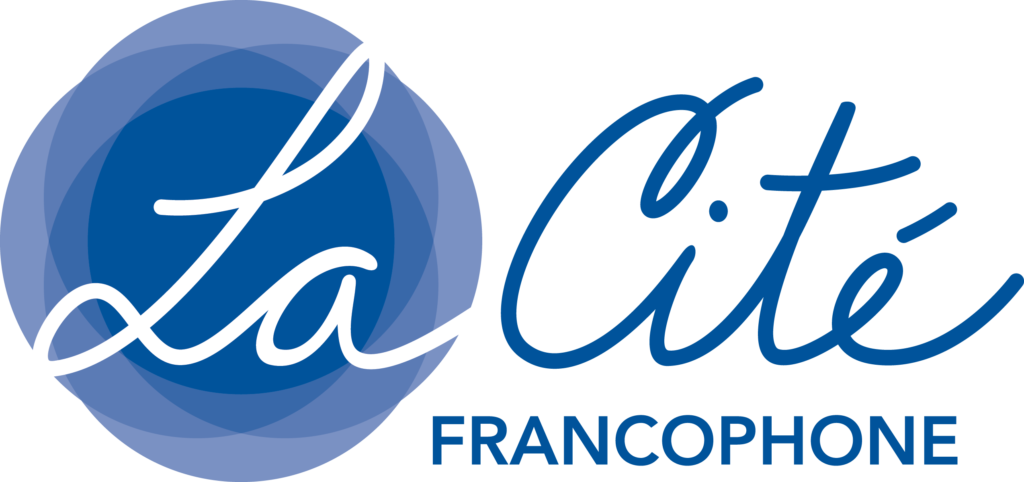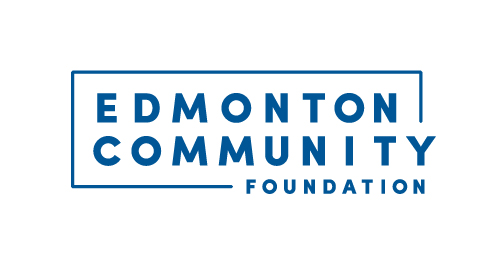Program Notes
This page will continue to be updated with program notes regarding the sold out heritage symposium entitled Reconciliation and Resurgence: Heritage Practice in Post-TRC Edmonton, which takes place from March 3-4 at La Cité Francophone.
This project represents the collective wisdom of Indigenous advisors, Knowledge Keepers, and Elders. The symposium will allow participants, attendees, and our partners to truly consider and examine what it looks like to revisit current ways of thinking and working.
Thanks to our steering committee for their work and guidance in developing the project along with the Edmonton Heritage Council. Please read this recent EHC blog post for insights from steering committee member Kim Ghostkeeper. Registration is now full for the symposium.
The symposium’s schedule at a glance:
Presentations and Speakers
Keynotes from Dr. Kisha Supernant and Judy Half on how the heritage sector can respond in meaningful ways to the TRC Calls to Action and UNDRIP and heritage and cultural inclusion in heritage resource management.
During the first keynote, award-winning teacher, researcher, and writer Dr. Supernant will apply her expertise in the relationship between cultural identities, landscapes, and the use of space to a presentation on how the heritage sector can respond to the TRC Calls to Action and UNDRIP in meaningful ways and with the direction of Indigenous communities. Topics will include the role of archaeology and cultural heritage in reconciliation and resurgence, drawing on examples of Dr. Supernant’s work with community partners from Enoch Cree Nation, Papaschase First Nation, and the Métis Nation of Alberta
The second keynote, presented by Judy Half, will address heritage and cultural inclusion in heritage resource management, including museums and archaeology. Western and cultural hegemonies have promoted and safeguarded the repatriation relationships with the Blackfoot communities while leaving out other Treaty/Indigenous communities from participating in the development of western Canada’s cultural fabric. Topics will include the social, cultural, and economic exclusion of many Treaty and Indigenous groups, which is an extension of the Indian policies used to define First Nations identity and relationships to the landscape. Half’s research represents the area of Treaty Six development in the prairie provinces and the impact of Indian policies on many plains people who were illegally removed from their traditional territories in south-central Alberta and the impact of this in heritage resource management.
As part of the symposium’s opening ceremony, Edna Elias, an Inuit Elder residing in Edmonton, will perform the Lighting of the Qulliq (Inuit woman’s traditional stone lamp). Ms. Elias will speak about the Qulliq’s historical significance as well as its traditional and contemporary uses. The Qulliq is one of several items to have been banned by the missionaries, along with the art of tattooing, the drum, and shamanism. Presented by Edna Elias, C.M., O.Nu.
Métis Archival Project: National Council Historical Database
The Métis Archival Project (MAP) is a multi-project research facility that specializes in the digitization and analysis of archival documents pertaining to the historical Métis Nation. It provides Métis users with access to their ancestors’ documents, facilitating the process of cultural re-connection, and identity reclamation. MAP is contracted by Métis governments and political organizations to conduct research that supports ongoing Aboriginal Rights assertion. Dr. Frank Tough was awarded the Order of the Métis Nation in Winnipeg for his dedicated work and volunteerism in the protection and promotion of Métis Nation rights through MAP. Presented by Dr. Frank Tough and Sandy Hoye.
Moving Toward Reconciliation in Edmonton Catholic Schools
In terms of Indigenous education, there are two gaps in Alberta’s education system; the achievement gap between Indigenous and non-Indigenous students plus the knowledge gap that permeates the system. In order to close these gaps, Edmonton Catholic Schools implemented the Braided Journeys program to support Indigenous students and developed a professional development strategy to increase the cultural competency of all educators. Presented by Pamela Sparklingeyes.
Deh Gah Gotine (“I Am…”): A Celebration of Northern Indigenous Heritage
A collaborative initiative supporting Indigenous community-based researchers documenting history and cultural heritage of families and communities within the Northwest Territories. Presented by Lois Edge & Camilia Zoe-Chocolate.
This discussion will focus on the naming conventions in the City of Edmonton’s past, present, and future. It will touch on the importance of Indigenous naming conventions and ceremony. Topics will include whether naming in the past was authentic or patronizing and how the City is shifting on how naming is undertaken. Presented by Rob Houle.
LIMINAL SPACE || AWASITIPAHASKAN
Comprised of different collections of maps, this spatial installation illustrates the borders (in all meanings) of First Nations reserves in Alberta. Presented by Marina Hulzenga.
To understand the influence of Lac Ste Anne’s pilgrimage on Métis peoples’ lives, we need to look beyond religion and focus instead on the notion of kinscapes, “a set of relational constellations” that link Métis families together across a vast and varied geography, to ancestors, the dead, and to other-than-human beings/forces. Presented by Dr. Paul Gareau, Dr. Kisha Supernant, & Dr. Nathalie Kermoal.
River Crossing Indigenous Engagement: Building Meaningful Relationships Through Heritage Planning
This collaborative presentation explores how the City of Edmonton has built and maintained meaningful relationships with Indigenous communities through the redevelopment planning of the historic Rossdale neighbourhood. Through the creation of the Heritage Interpretive Plan and the Business Plan, the City of Edmonton sought to engage First Nations and Métis communities in new and meaningful ways. Spanning four years of work, this presentation will describe the process and outcomes of the City’s work with over twenty Indigenous communities and related organizations, and lessons learned. Presented by Susie Houle & James Haney.
SOLD OUT – Bridging the Gap: Guiding Principles on Your Path to Reconciliation
Registration is now full for this pre-symposium workshop taking place on March 2; speakers will explore Indigenous worldviews, natural law, allyship, language, and ownership. If you were unable to register for the pre-symposium workshop in time, consider subscribing to the community bulletin regularly updated by City of Edmonton, Indigenous Relations Office. Other valuable resources to prepare for the symposium if you wish include Bob Joseph’s 21 Things You May Not Know About the Indian Act and some of the audio and reading on TRC’s media page. Workshop presented by Shani Gwin, Teneya Gwin, & Carola Cunningham.
Notes on Schedule
Each day, participants will be able to visit a Trappers Tent when not in ceremony or listening to Keynotes. The tent, to be set up on the terrace, will be filled with storytelling, demonstrations, and hand games as a place for people to gather, visit, ask questions, and take a break. Each day will close with a circle conversation. The symposium will also feature daily exhibits from artist Marina Hulzenga and the Métis Archival Project. There will also be artisans selling handmade crafts and works of art (please bring cash) and info booths. More details to follow.
Day one (March 3):
- Elders from Cree, Inuit, and Métis communities will begin with traditional ceremonies and provide teachings. The session will conclude with a short documentary screening plus Q&A.
- Following a break, Dr. Kisha Supernant will present our first keynote address.
- After lunch, participants may choose from the City Tour field trip (details to follow; separate registration links will be sent to participants, who will be given the option to buy tickets for this additional event) the Idea Fair (learn more from this EHC blog post), or a talk from Terry Morin, followed by presentations from Dr. Lois Edge and Camilia Zoe-Chocolate as well as Pamela Sparklingeyes.
Day two (March 4):
- Day two begins with sessions right after breakfast. Participants may attend either a multi-speaker panel on City of Edmonton practices and approaches to consultation or a workshop on Territorial Acknowledgements.
- Following a break, Judy Half will present our second keynote address.
- After lunch, participants may either go on a field trip to Enoch Cree First Nation (details to follow; separate registration links will be sent to participants, who will be given the option to buy tickets for this additional event) or stay and attend the Idea Fair. Other options will include talks on the Métis Kinscapes Project and informal networking opportunities.
- The symposium will conclude with a closing ceremony.
Symposium Steering Committee
Elder Gilman Cardinal Elder Services, Aboriginal Diversity Training Elder Roxann Roan Filmmaker, Maskwacis First Nation Ron Lameman Bilateral Treaty Coordinator, Confederacy of Treaty No. 6 First Nations Morgan Bamford Acting Supervisor, Indigenous Relations Office, City of Edmonton Kyra Brown Indigenous Relations Advisor, Edmonton Arts Council Calvin Bruneau Chief, Papaschase First Nation Brittany Cherweniuk Interpretation Supervisor, Fort Edmonton Park Dr. Crystal Gail Fraser Faculty Member, Department of History and Classics, University of Alberta Kim Ghostkeeper Community Liaison, Aboriginal Victim Services Rob Houle Consultant, Indigenous Relations Office, City of Edmonton James Knibb-Lamouche Director of Research, Indigenous Knowledge and Wisdom Centre Jaimy Miller Acting Director, Indigenous Relations Office, City of Edmonton Terry Morin Archives Manager, Enoch First Nation David Ridley Executive Director, Edmonton Heritage Council Brad Seneca EHC Board Member; Founder and Executive Director, Buffalo Keeper Nehiyaw Centre Dr. Lana Whiskeyjack Artist and Assistant Professor, Faculty of Extension, University of Alberta and University of Blue Quills Christina Williamson EHC Board Member; PhD Candidate, Carleton University Elliott Young Indigenous Community Engagement Advisor, NorQuest College The Steering Committee and Edmonton Heritage Council wish to acknowledge Doris Gladue (Director, Indigenous Relations at Fort Edmonton Park), Dr. Pat Makokis (Servant Leader, Consultant Saddle at Lake Cree Nation), and Bailey Oster (Regional Youth Coordinators Manager, Métis Nation of Alberta) for their support and efforts during the initial planning of this symposium.
Register now
Our partners
